The Hugo composer talks about research and listening.
To prepare for his work on Martin Scorsese’s 1931-set Hugo, composer Howard Shore immersed himself in the music of the period.
“Usually what I do is a lot of listening,” explains the composer, who has picked up a Golden Globe nomination
for his score. “I spend a few months doing research and reading, going back through recordings…Then I really just put it all away in a
box, and dream and think about how I feel about the period and how I want to create something from it.”
The mechanical advances being made in the early 20th century are central to Hugo, which tells the story of a boy who winds the clocks
in a Paris train station and finds a link to cinema pioneer Georges Mélies through a clockwork automaton.
They are also echoed in Shore’s score. “There is music that’s created that’s like clockwork really,” says the composer, who used early
electric instrument the ondes Martenot among his instrumentation. “It’s wheels within wheels and I’m trying to make relationships between
the clocks, the clockwork and the trains, and Hugo’s life keeping the clockwork running in the station.”
Shore’s work is not just of the period, however. “Always in my scores — even when I’m writing period scores like Naked Lunch, Ed
Wood or The Lord Of The Rings — there are always modernisms [in terms of] techniques used to tell the story.”
Did the fact Hugo was 3D have any effect on the music? “It did in the orchestration, primarily,” he says. “It had to do with the production
of the recording and the depth of the sound. This is the first 3D film I had done and I wanted to orchestrate [the] recordings in a way that
filled out all the frame.”
Shore also co-wrote original song Coeur Volant. “The song really grows out of all these beautiful melodies you hear throughout the film,” he says. The composer, who has won three Oscars for his work on The Lord Of The Rings, is reteaming with Peter Jackson for The Hobbit.




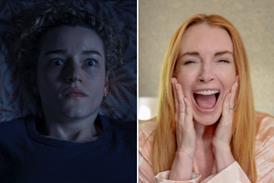

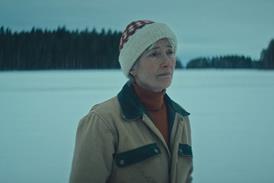

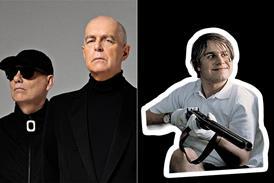
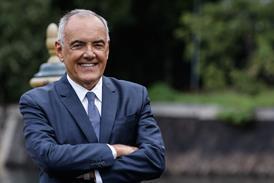


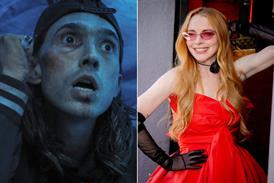
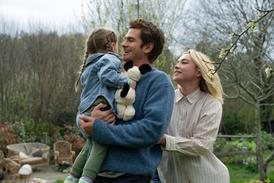
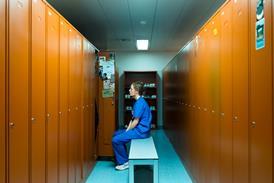
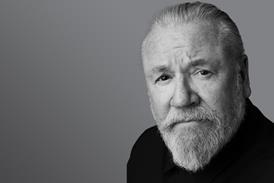
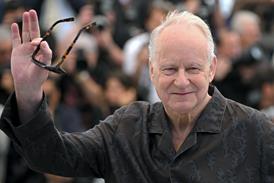




No comments yet